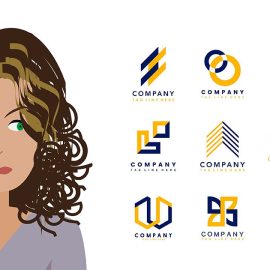
The Most Common Intellectual Property Mistakes and How to Avoid Them
Many businesses fail to recognise the importance of their intangible assets, instead overlooking them in favour of more immediate concerns. But failing to recognise the value in intellectual property can lead to mistakes that put businesses at risk.
Here are some of the most common causes of intellectual property mistakes and how to avoid them.
1. Not doing the necessary research before starting a business
Many entrepreneurs don’t think to do research on their business idea before they set out to build the company. Others feel as though research is a waste of time and resources. Some even feel that doing research into existing intellectual property could hurt their long-term prospects, if a similar product already exists, as though ignorance is a shield from market forces or an IP lawsuit.
The truth is, that proper research is critical to the success of your business. You need to make sure that you are not infringing upon anyone else’s intellectual property and that you understand what ideas belong to you. A clearer understanding of what you own and are able to protect will give you a clearer understanding of your company’s value.
If you feel uncomfortable doing a thorough search yourself, you can pay to have an expert do one for you. While it’ll cost more, it’s a relatively minor investment in knowing your business is on solid footing.
2. Not understanding how to protect intellectual property
Where entrepreneurs run into trouble is failing to understand the different types of intellectual property and the protections available for each. By not knowing what type of intellectual property they have, businesses risk making a costly mistake by choosing the wrong type of protection for their work and leaving it vulnerable to theft.
One common mistake is thinking that a patent is a “catch-all” protection for intellectual property. But the patent is just one tool in protecting your intangible assets. When evaluating your work, you need to know whether it falls under the protection of a copyright, trademark, patent or trade secret, or even trade dress.
Again, this is an area where it’s a good idea to rely on the expertise of a professional. Even if you know what type of protection you need, having someone who knows the process and will avoid the mistakes of a “DIY” filing can be worth the investment.
3. Not creating an IP strategy
In line with overlooking key intangible assets at the outset, many startups fail to create an IP strategy. And many that do fail to look beyond the outset of the company, thinking that intellectual property is only an early-stage concern.
The truth is that your company is always creating, and with that comes new IP. And without a strategy in place, you could be failing to capture all of the value your company continues to create.
SOURCE: Score



